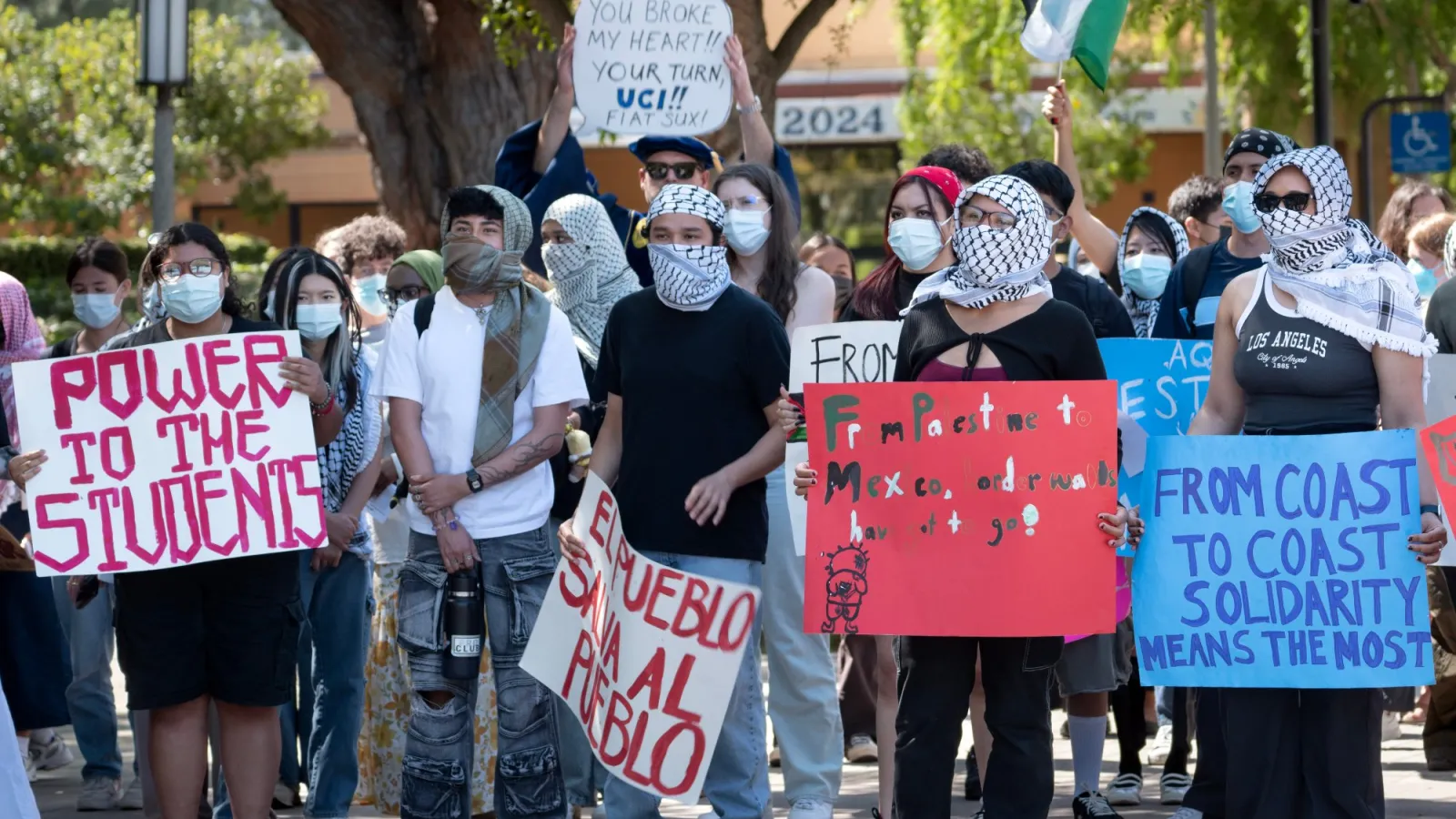Three Suspects Arrested
Busting Wildlife Traffickers
On June 26, 2025, Thai police arrested three men involved in an illegal wildlife trafficking network smuggling orangutans from Indonesia. The suspects, identified as Sama Ngo, 69, in Songkhla; Pongsakorn Saengprapai, 29, in Prachuap Khiri Khan; and Supawat Weerawongwiwat, 43, in Bangkok, were apprehended for selling the animals, with prices reaching up to 250,000 baht each, highlighting a lucrative black-market trade.
Origins of the Investigation
Building on Prior Seizures
The arrests stem from a January 22, 2025, operation in Chumphon province, where authorities seized three orangutans, three gibbons, and a sambar deer from a pickup truck. This earlier bust led investigators to uncover a broader network, with Pol Col Arun Wachirasrisukanya, deputy commander of the Natural Resources and Environment Crime Division, announcing the latest arrests on June 27. The case underscores Thailand’s commitment to combating wildlife trafficking.
Smuggling Operation Details
Speedboats from Indonesia
The suspects admitted to participating in a sophisticated trafficking ring, conducting three to four smuggling operations. Orangutans were transported from Indonesia to Thailand’s La-ngu district in Satun province via speedboat. The animals were then stored at a rented facility in Hat Yai, Songkhla, managed by Sama Ngo, who coordinated their delivery to buyers across Thailand, revealing the network’s organized nature.
Role of the Suspects
Logistics and Sales Chain
Sama Ngo orchestrated transportation, while Pongsakorn Saengprapai and Supawat Weerawongwiwat handled sales, purchasing orangutans for 70,000 baht each and reselling them for 120,000 baht domestically. Prices could soar to 250,000 baht if smuggled to a third country, indicating a high-demand international market. A driver, Winai, 63, was paid 25,000 baht to transport the animals from Songkhla to Nonthaburi, linking the network’s operations.
High Stakes of Wildlife Trade
Profitable Yet Illegal Market
The trafficking of endangered orangutans, protected under international laws like CITES, highlights the lucrative nature of illegal wildlife trade, valued at $23 billion globally in 2024, per UN estimates. Thailand, a key transit hub, faces pressure to curb such activities. The high-end pricing of smuggled orangutans reflects their rarity and demand, often for private collections or illegal pet markets, posing threats to conservation efforts.
Ongoing Efforts to Dismantle Network
Targeting Investors and Buyers
Police are intensifying efforts to dismantle the trafficking network, focusing on identifying additional investors and buyers. Pol Col Arun emphasized that authorities are committed to disrupting the entire operation, with further arrests expected. This crackdown aligns with Thailand’s broader push to strengthen wildlife protection, as the country aims to shed its reputation as a hub for illegal animal trade and safeguard endangered species.









